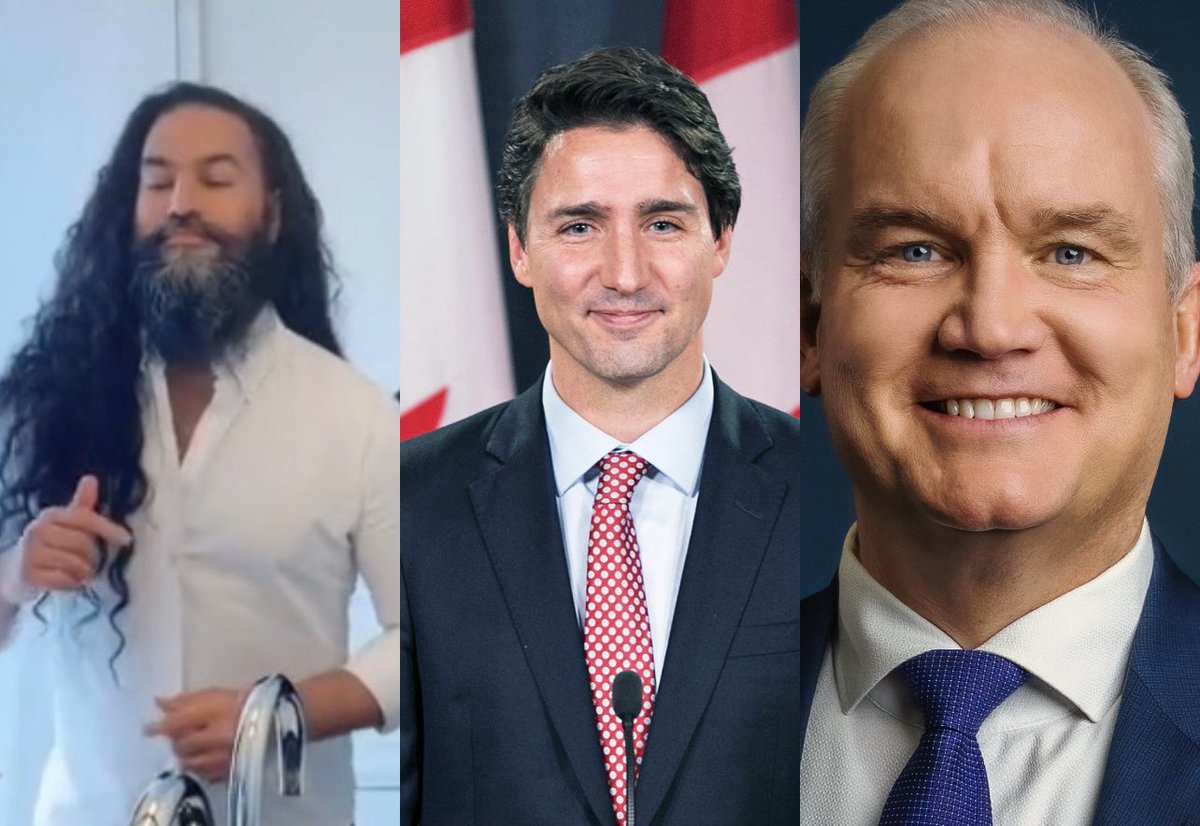
The Bank of Canada made borrowing cheaper than inflation.
Now just 3 massive funds own over 10% of primary rental housing in West Toronto... but concentrated in a 12-block radius.
Quick thread on 🇨🇦 serving up the poor on a platter.
🧵👇 #Toronto
@Hulchanski @Martine_August
Now just 3 massive funds own over 10% of primary rental housing in West Toronto... but concentrated in a 12-block radius.
Quick thread on 🇨🇦 serving up the poor on a platter.
🧵👇 #Toronto
@Hulchanski @Martine_August
2. Pensions and institutional investors usually have a massive fixed-income strategy. This is income that comes in regularly.
It's usually bonds. Bonds are essentially owning an issuer's debt, and the yield is the interest they pay to you regularly.
It's usually bonds. Bonds are essentially owning an issuer's debt, and the yield is the interest they pay to you regularly.
3. Bond yields are determined by how much capital is in the system. If everyone wants to lend you money, you don't have to pay a lot.
Think of Zuckerberg, who pays less than 1% on his mortgage.
The opposite is also true. Think of people with bad credit, that have to pay extra.
Think of Zuckerberg, who pays less than 1% on his mortgage.
The opposite is also true. Think of people with bad credit, that have to pay extra.
4. It's supposed to be self-regulating. However, central banks have increasingly intervened in this process.
Since the Great Recession, they've adopted the mindset, "if everyone just had a little extra cheap credit, things would be better."
No one has to go broke!
Since the Great Recession, they've adopted the mindset, "if everyone just had a little extra cheap credit, things would be better."
No one has to go broke!
5. So they flood the market to keep rates low. During the pandemic, they even bought 40% of government issuance to make sure the extra borrowing didn't lead to increasing rates.
But, when the central bank does that, where do the existing bond investors go?
But, when the central bank does that, where do the existing bond investors go?
6. They still have to produce a return, and they don't want to lose money to inflation. Especially if they're a pension, that has to pay inflation out.
So they've been going to alternative asset managers, like Blackrock. We're not talking about Blackrock today, but similar ones.
So they've been going to alternative asset managers, like Blackrock. We're not talking about Blackrock today, but similar ones.
7. Now these alternative asset managers have way too much money. So what do they do? Part of it flows into mega new residential real estate funds.
Rents can rise *at least* as fast as inflation, and faster if people move out, municipalities approve above guideline rents, etc.
Rents can rise *at least* as fast as inflation, and faster if people move out, municipalities approve above guideline rents, etc.
8. The longer rates are held lower, the more money flows to these funds buying real estate.
They just keep getting more cash as institutions have to beat inflation.
Get money cheaper than inflation. Get rent at inflation. The property value is practically just free gains.
They just keep getting more cash as institutions have to beat inflation.
Get money cheaper than inflation. Get rent at inflation. The property value is practically just free gains.
9. In the TO situation, risk is building up.
Concentrating in an area can create a monopolistic environment.
I'm not saying they're intentionally acting as a monopoly, but ~10% of their holdings are vacant.
If you asked me to build a monopoly, I would do exactly this.
Concentrating in an area can create a monopolistic environment.
I'm not saying they're intentionally acting as a monopoly, but ~10% of their holdings are vacant.
If you asked me to build a monopoly, I would do exactly this.
10. This doesn't impact just one area though. Adjacent neighborhoods use it as comps.
The behavior is only in one area, but the impact will radiate from the area they're concentrated in.
The Fed's plan to fund more rentals will flow directly into their pocket.
The behavior is only in one area, but the impact will radiate from the area they're concentrated in.
The Fed's plan to fund more rentals will flow directly into their pocket.
11. Cheap money is a great way to expand empires.
The issue is, if you don't have an empire, you're just a sitting duck waiting for a well-funded empire to claim you.
The crisis is about to get a lot worse, and it's because of the reckless printing the BoC has been doing.
The issue is, if you don't have an empire, you're just a sitting duck waiting for a well-funded empire to claim you.
The crisis is about to get a lot worse, and it's because of the reckless printing the BoC has been doing.
• • •
Missing some Tweet in this thread? You can try to
force a refresh












